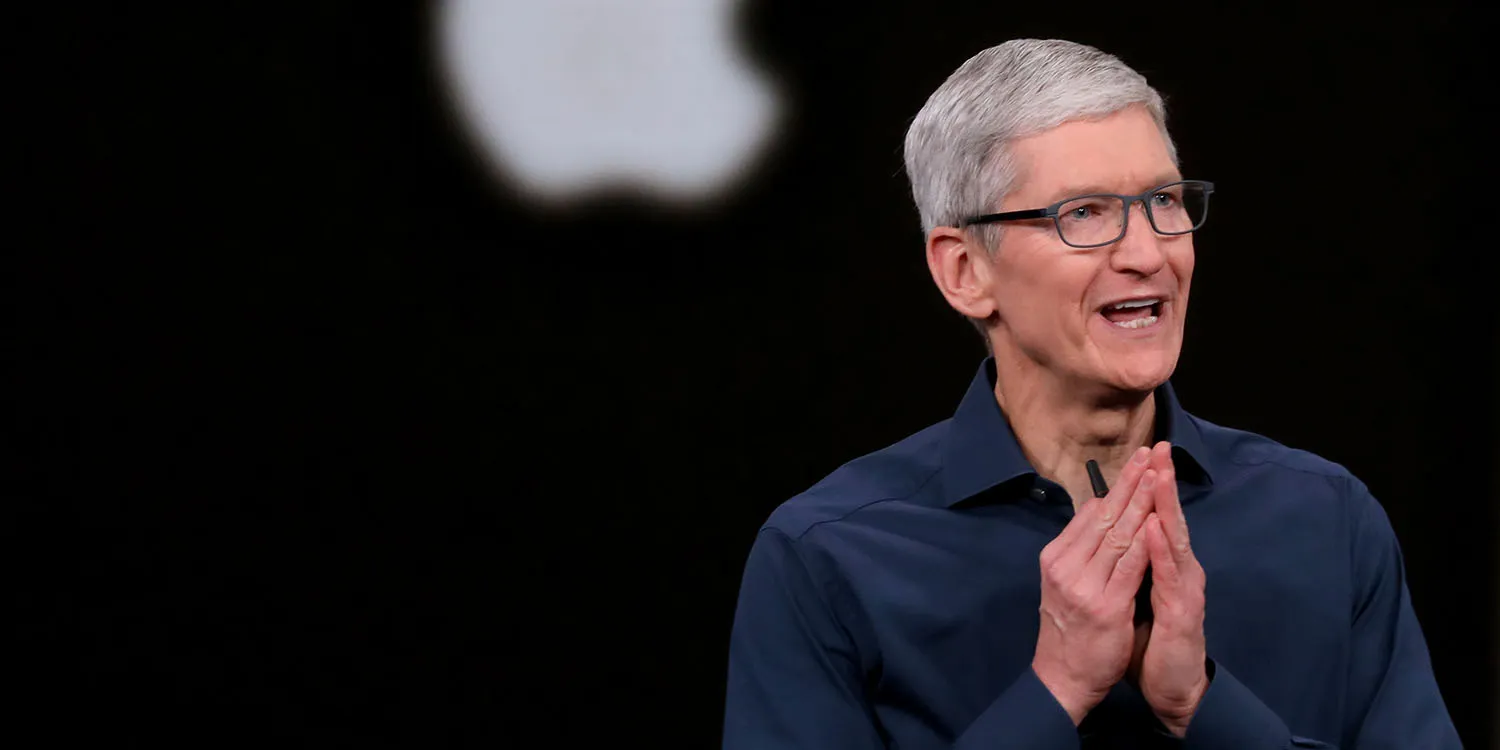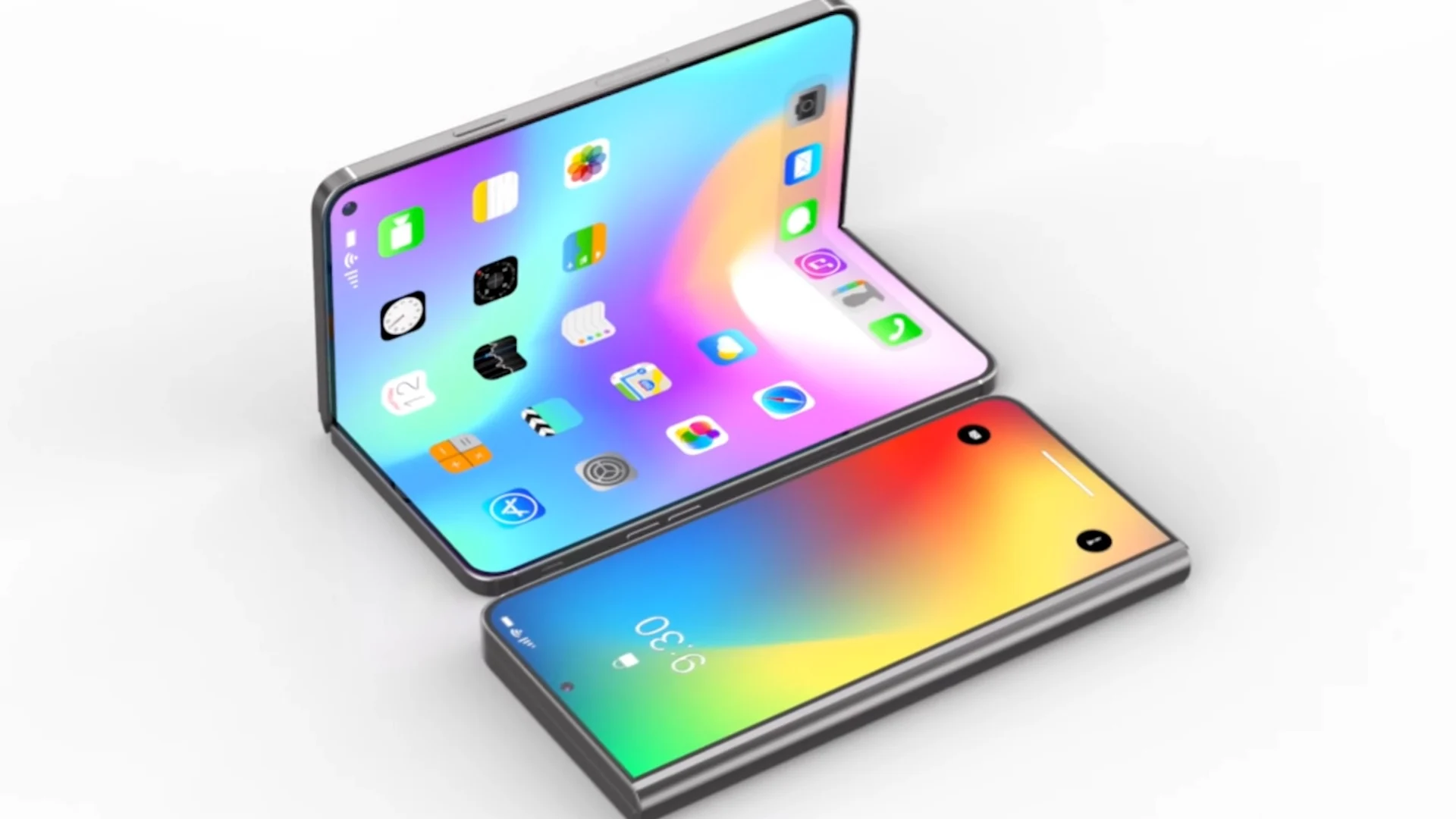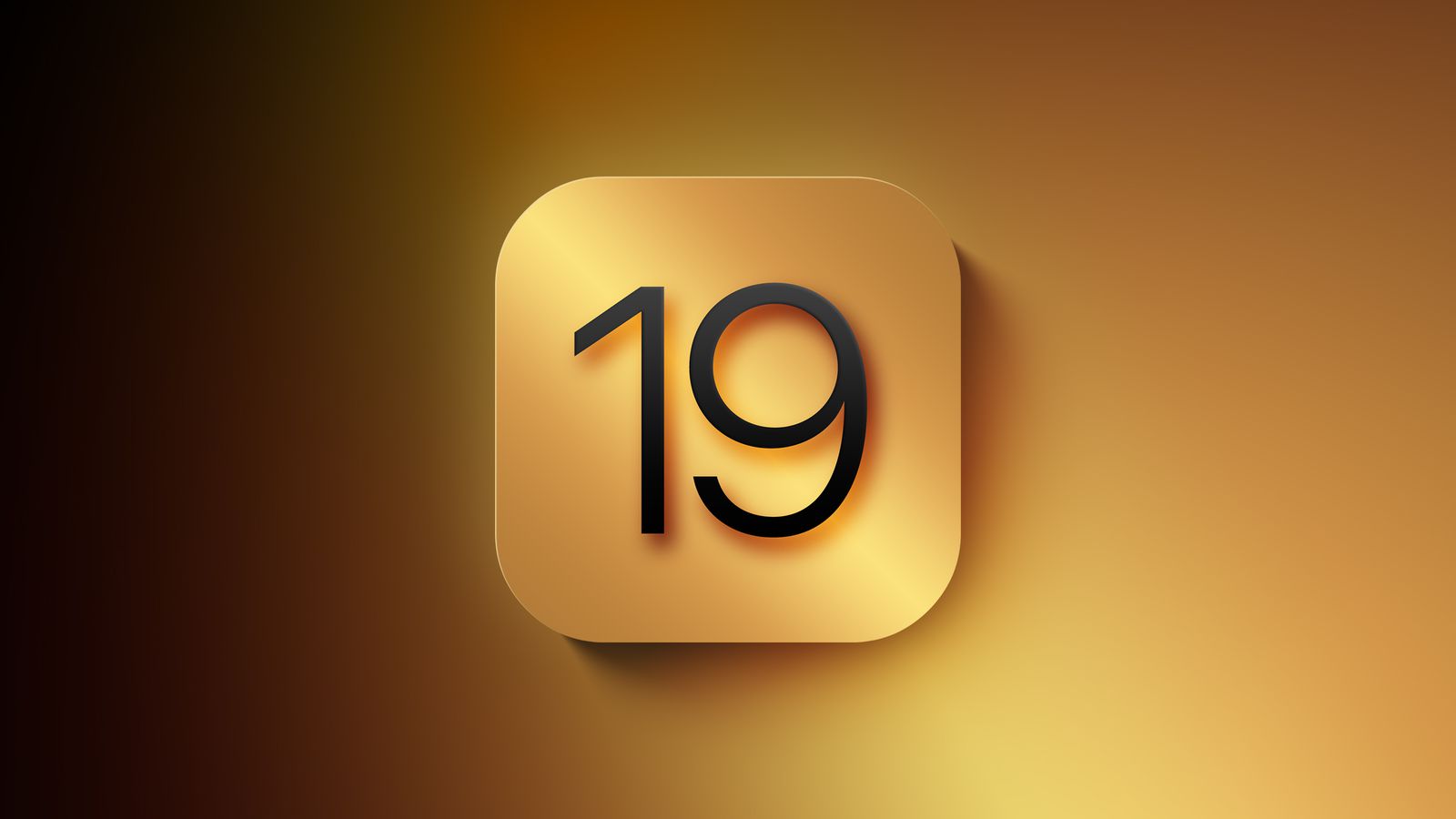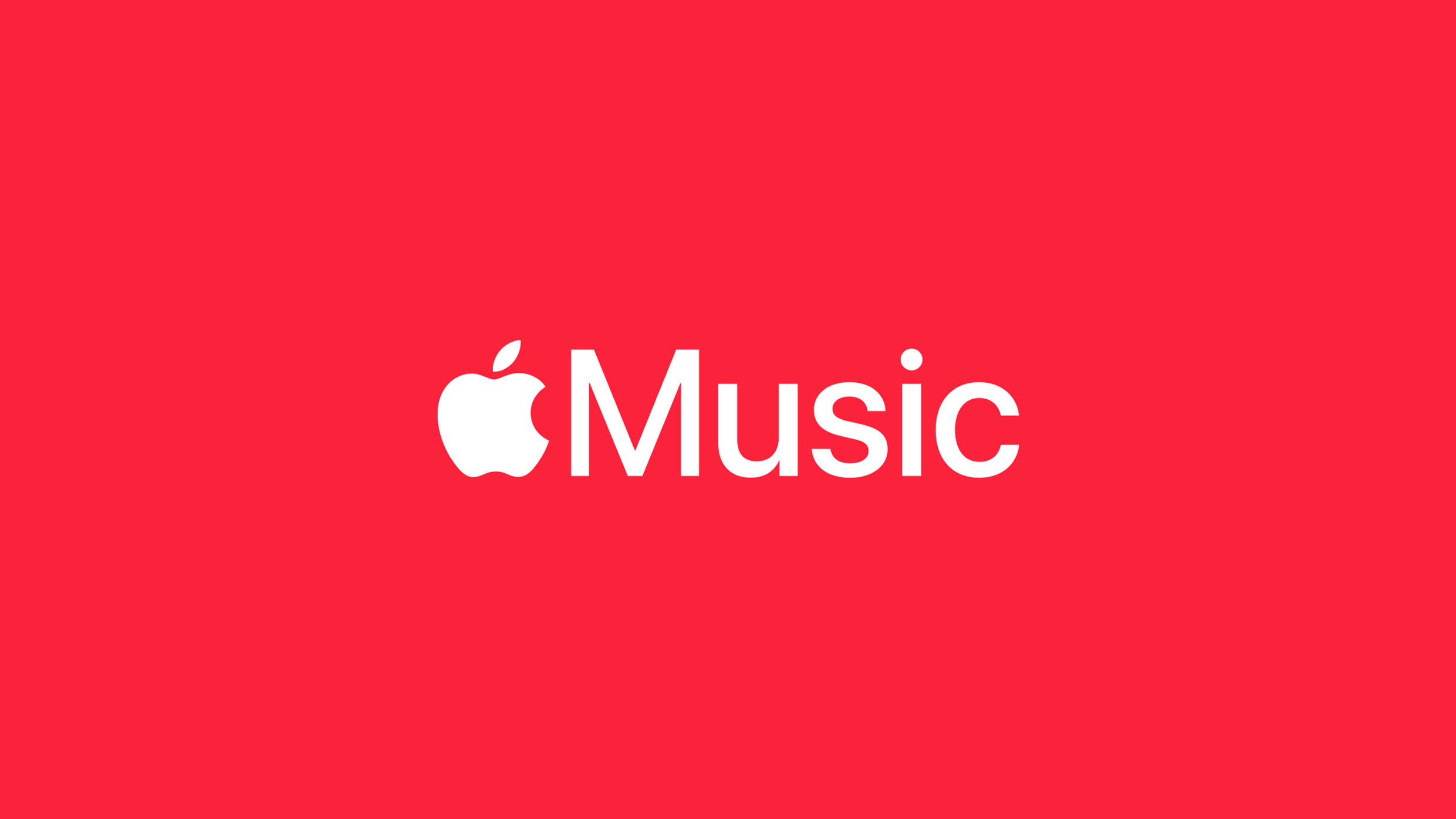At a recent media event, Eddy Cue, a senior Apple leader, dropped a surprising prediction. He suggested that by 2035, advancements in artificial intelligence (AI) might mean we no longer need iPhones. Speaking at the Paley Center, Cue shared his thoughts on how AI is reshaping the way we interact with technology. He believes future devices could become so smart that smartphones might feel unnecessary.
Cue highlighted how AI is already simplifying tasks like organizing schedules, sending messages, or finding information. He envisions a future where compact, AI-driven gadgets—perhaps wearable or seamlessly part of our surroundings—could handle all the functions of today’s iPhones, but in a more intuitive way. This could make carrying a phone seem old-fashioned.
While Cue didn’t say iPhones will vanish completely, he hinted that Apple is exploring ways to weave AI deeply into its products to stay ahead. The iPhone remains central to Apple’s success for now, but Cue’s vision suggests a bold shift on the horizon.
Known for driving Apple’s growth in areas like Apple Music and streaming, Cue has a knack for spotting trends. His comments about AI signal that Apple is preparing for a future where innovation could redefine its most famous device. As AI continues to evolve, all eyes will be on how Apple shapes what’s next.






